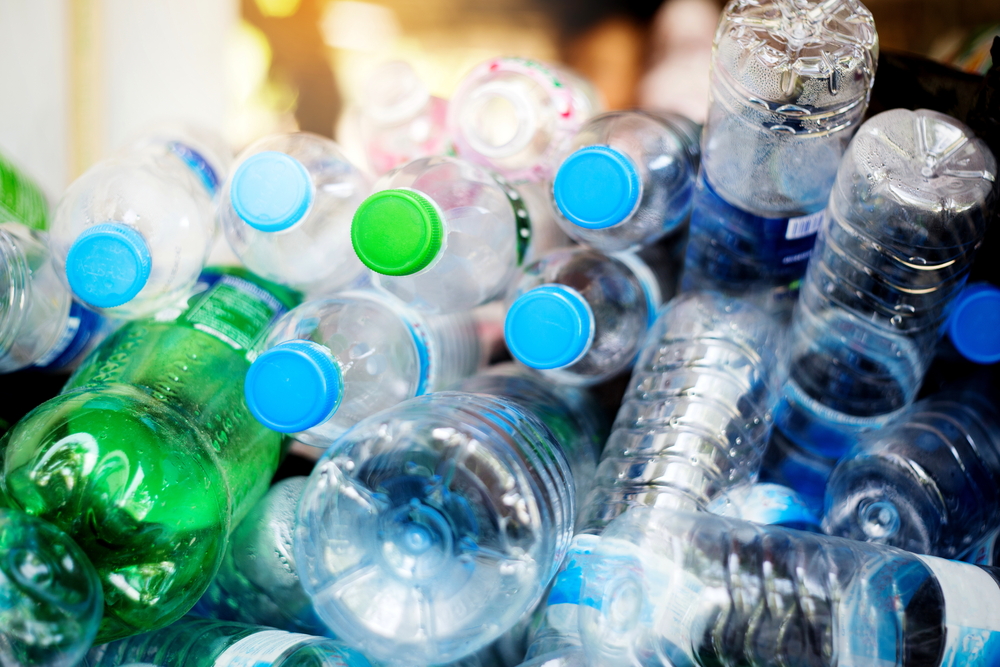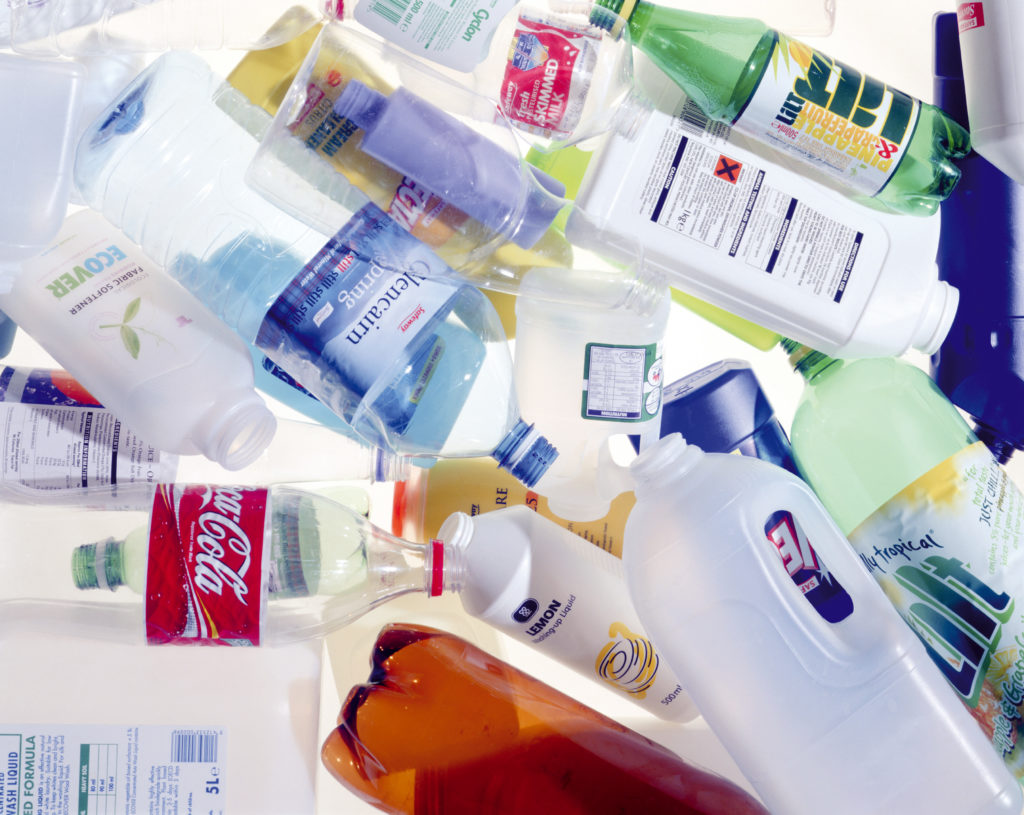As part of a consortium of eight European companies, the Telford-based dairy received 235,000 last week from the Waste and Resources Action Programme for research into recycling high density polyethylene (HDPE) bottles.
Dairy Crest will be involved in both filling the recycled bottles and testing the milk's shelf life. Andy Pickersgill, Dairy Crest’s environmental standards manager, said that the company is interested in closed-loop recycling for the company's milk bottles.
He said: “Dairy Crest Group plc, the UK’s largest dairy company, uses plastic bottles to supply fresh milk to its customers and this project could be of significant interest. It is an excellent opportunity to realise the clear environmental benefits to be gained from providing a clean, efficient and cost effective means to recycle plastic milk containers.”
In addition to Dairy Crest, other companies in the consortium include Stratford-based Delleve, who will supply post-consumer HDPE bottles from kerbside collections and bring banks, and Nampak Plastics of Milton Keynes that will be involved in bottle blowing using HDPE recyclate.
The research project aims to investigate collection, sorting, recycling and re-use of recovered HDPE. It will be looking to maximise three key quality control elements of raw material source control, cleaning efficiency and analytical quality checks.
Bottle-to-bottle recycling for post-consumer PET (polyethylene terephthalate), another common plastic, has already been developed and the HDPE closed-loop project will be looking to utilise some of these “super-clean” techniques.
Paul Davidson, WRAP’s material sector manager for plastics, said: “PET demonstrates a higher resistance to contamination by the substances or foods with which it comes into contact, than HDPE making the objectives of this project extremely demanding. However, the outstanding strength of the consortium gives this ambitious project every chance of meeting these challenges, making the food grade recycling of HDPE in the UK an achievable goal.”
In order to make closed-loop HDPE recycling a viable option, the research group will also have to make its final product meet stringent European standards for food packaging.









Subscribe for free